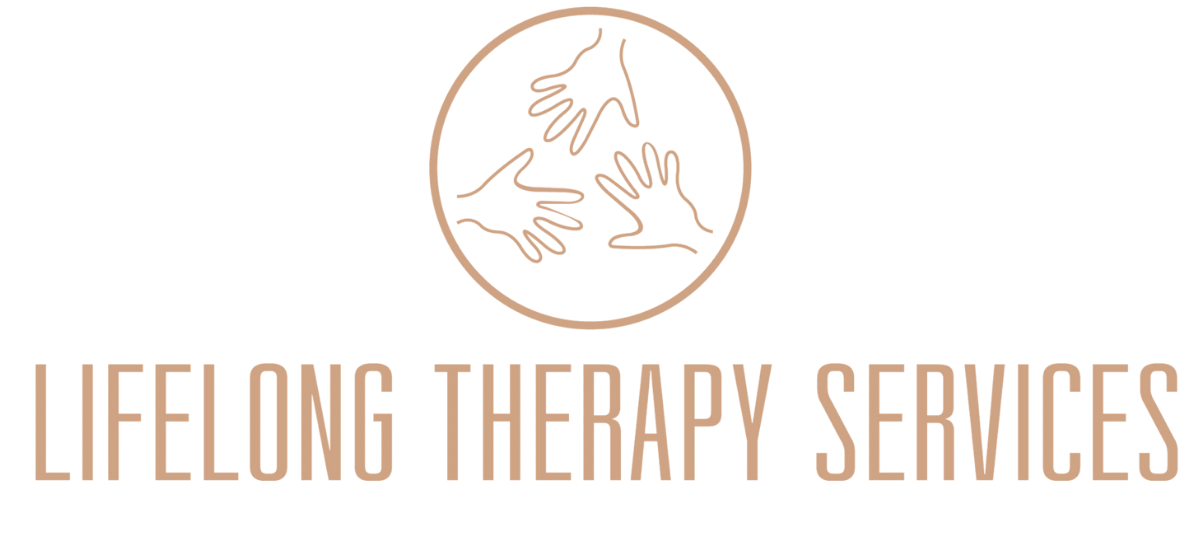Consent Policy and Procedure
Lifelong Therapy Services must gain consent from the participant before sharing any information with family, advocates, other providers and government bodies.
Scope
Guiding principles
Procedure
Children under the age of eighteen (18) will need consent from their family/advocate/guardian to share information with other providers and government bodies. It's the responsibility of all Staff to inform participants about their rights regarding the provision of consent.
Scope
All efforts should be made to obtain consent. When there are language or communication barriers, staff members will ensure that all reasonable efforts have been made to overcome these, using available communication skills and technology, interpreters, relatives/carers and friends.
Relatives may be consulted about the best ways to communicate or may be requested to assist with establishing the participant's values and preferences, if a participant is unable to express these themselves.
Initial consent will be undertaken during the participant's registration with the service. The prime responsibility for obtaining consent lies with the front-line worker who is to carry out the service. Consent can be sought by another individual if they have enough knowledge to provide the right information and answer the participant's questions correctly. Consent is equally valid whether it is expressed verbally, non-verbally (implied), or is written:
Initial consent will be undertaken during the participant's registration with the service. The prime responsibility for obtaining consent lies with the front-line worker who is to carry out the service. Consent can be sought by another individual if they have enough knowledge to provide the right information and answer the participant's questions correctly. Consent is equally valid whether it is expressed verbally, non-verbally (implied), or is written:
- Implied consent is adequate for most of the support provided by the organisation.Oral consent is enough for most interventions provided by doctors and other health professionals (e.g. commencing a manual handling process or use of complex medical procedures).
- Oral consent should be recorded in the support plan with relevant details of the discussion, date and time of the entry, together with the name of the staff member legibly written. Oral refusal of consent, for any intervention, must also be recorded in the support plan in the same manner.
- Written consent should be gained for the use of an advocate, or to share information by the participant and the healthcare professional. Note: Participants automatically opt-in and must request to opt-out of NDIS audit requirements.
- Taking a photograph requires written consent to be obtained from any participant whose photo is being taken.
Guiding principles
- Participants have the right to make decisions about things that affect their lives.
- It is presumed that participants have the capacity to make their own decisions and provide consent when it is required unless there is evidence otherwise.
- Participants are supported to make informed decisions when their consent is required.
- Consent is obtained from the participant, or a legally appointed guardian, for life decisions such as accommodation, medical treatment, forensic procedures and behaviour support.
- Consent for financial matters is obtained from the participant, or a legally appointed financial manager or the person appointed under a Power of Attorney.
- Participants are supported to identify opportunities to make decisions about their own lives and to build confidence in their decision-making skills.
- When a participant wants or needs support to make decisions, it is provided in ways preferred by the participant and by a supporter of their choice.
- Support with decision-making must respect the person’s cultural, religious and other beliefs.
- If a participant wants support from family and friends, this is encouraged and facilitated.
- Support is provided in ways that uphold the participant’s right to self-determination, privacy and freedom from abuse and neglect.
- Decision-making and self-determination are not limited by the interests, beliefs or values of those providing the decision-making support.
- The amount or type of support required by a participant to make decisions will depend on the specific decision or the situation.
- Participants are supported to make decisions that affect their own lives, even if other people do not agree with them or regard the decisions as risky.
- Participants are supported to access opportunities for meaningful participation and active inclusion in their community when they want this.
- Information is provided in formats that everyone can understand and enables the participant, their supporters and others, such as legally appointed guardians, to communicate effectively with each other.
Procedure
If a participant wishes to provide consent so another person or organisation can access their personal information, then the following procedure is to be undertaken:
- The participant is informed that written or verbal consent is required prior to sharing any of their personal information.
- The participant is advised that their consent can be withdrawn at any time.
- Information about the consent is communicated in a method that's relevant to the participant.
- The participant completes a Consent Form.
- A signed Consent Form is placed at the front of the participant's file.
- All relevant staff members are informed about the consent approval.
Copyright © 2025

